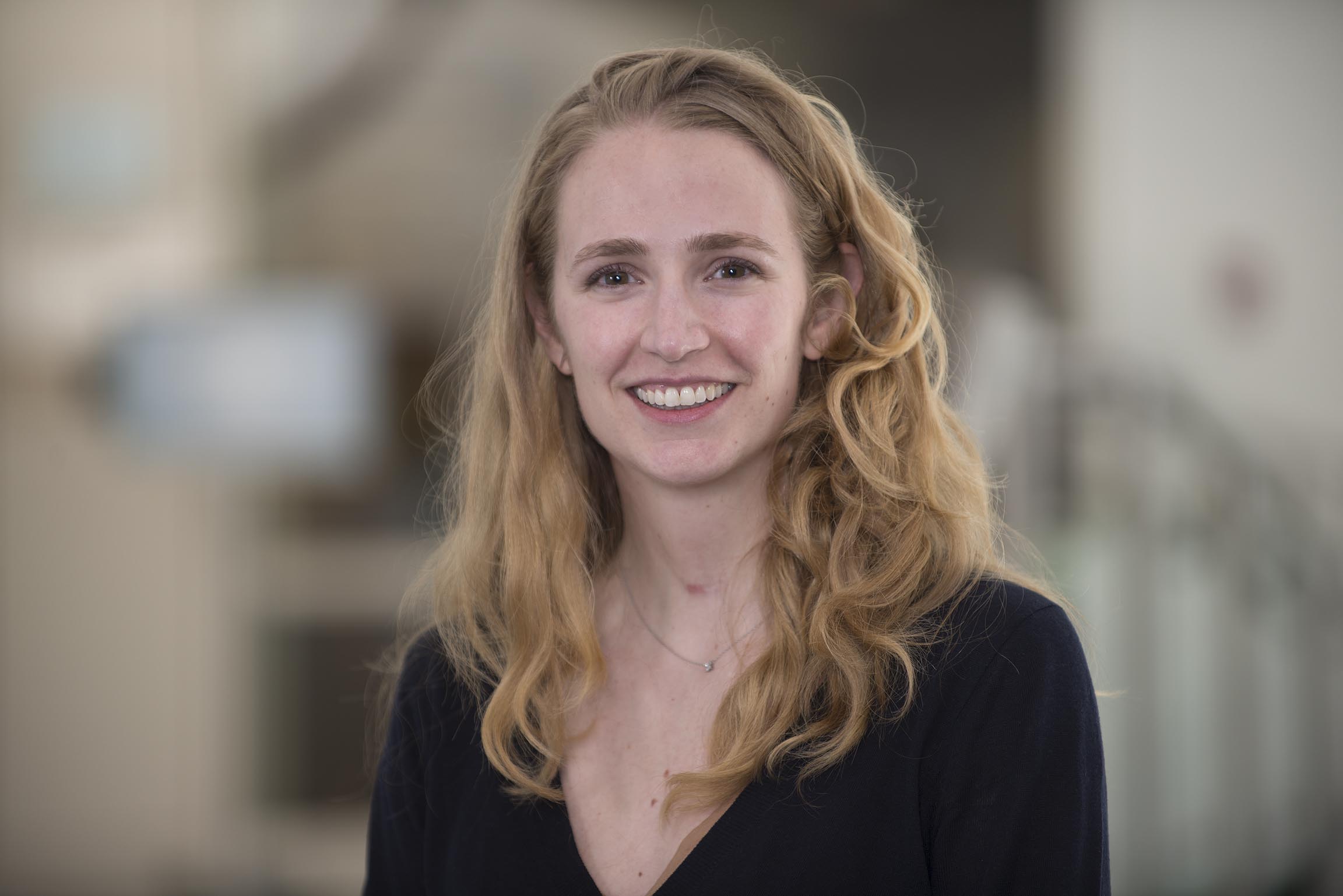
Research
The Finley Lab investigates how cellular metabolic pathways regulate cell fate decisions in stem cells and cancer cells. We combine genetic and metabolomic approaches to investigate cell-type specific growth requirements and elucidate how flux through central metabolic pathways regulates key cellular activities, including self-renewal and differentiation. In particular, we are interested in understanding how changes in metabolite availability shape the chromatin landscape to influence gene expression programs that control cell survival, growth and differentiation. Our work aims to answer fundamental questions about how cells regulate the commitment to differentiation and how failure to execute terminal differentiation can underlie diseases such as cancer.
Bio
Lydia Finley received her BS summa cum laude from Yale University and completed her PhD in the laboratory of Dr. Marcia Haigis at Harvard Medical School. As a postdoctoral fellow in the laboratory of Dr. Craig Thompson at Memorial Sloan Kettering Cancer Center, Dr. Finley identified metabolites that contribute to the regulation of embryonic stem cell self-renewal. The Finley lab opened in the Sloan Kettering Institute in 2017 and Dr. Finley was promoted to Associate Member in 2022. Dr. Finley additionally serves on the editorial boards of eLife and Cancer & Metabolism.
Distinctions:
- New York Stem Cell Foundation – Robertson Investigator
- Louise and Allston Boyer Young Investigator Award for Basic Research
- Pershing Square Sohn Prize for Young Investigators in Cancer Research
- Searle Scholar
- Dale F. Frey Breakthrough Award of the Damon Runyon Cancer Research Foundation
Selected Publications:
A non-canonical tricarboxylic acid cycle underlies cellular identity.
Arnold PK, Jackson BT, Paras KI, Brunner JS, Hart ML, Newsom OJ, Alibeckoff SP, Endress J, Drill E, Sullivan LB, Finley LWS. Nature. 2022 Mar;603(7901):477-481. doi: 10.1038/s41586-022-04475-w. Epub 2022 Mar 9. PMID: 35264789; PMCID: PMC8934290.
Extracellular serine controls epidermal stem cell fate and tumour initiation.
Baksh SC, Todorova PK, Gur-Cohen S, Hurwitz B, Ge Y, Novak JSS, Tierney MT, Dela Cruz-Racelis J, Fuchs E#, Finley LWS#. Nat Cell Biol. 2020 Jul;22(7):779-790. doi: 10.1038/s41556-020-0525-9. Epub 2020 May 25. Erratum in: Nat Cell Biol. 2020 Nov;22(11):1396. PMID: 32451440; PMCID: PMC7343604. (#co-corresponding author)
α-Ketoglutarate links p53 to cell fate during tumour suppression.
Morris JP 4th*, Yashinskie JJ*, Koche R, Chandwani R, Tian S, Chen CC, Baslan T, Marinkovic ZS, Sánchez-Rivera FJ, Leach SD, Carmona-Fontaine C, Thompson CB, Finley LWS#, Lowe SW#. Nature. 2019 Sep;573(7775):595-599. doi: 10.1038/s41586-019-1577-5. Epub 2019 Sep 18. PMID: 31534224. (*co-first, #co-corresponding)
Glutamine independence is a selectable feature of pluripotent stem cells.
Vardhana SA, Arnold PK, Rosen BP, Chen Y, Carey BW, Huangfu D, Fontaine CC, Thompson CB, Finley LWS. Nat Metab. 2019 Jul;1(7):676-687. doi: 10.1038/s42255-019-0082-3. Epub 2019 Jul 8. PMID: 31511848
